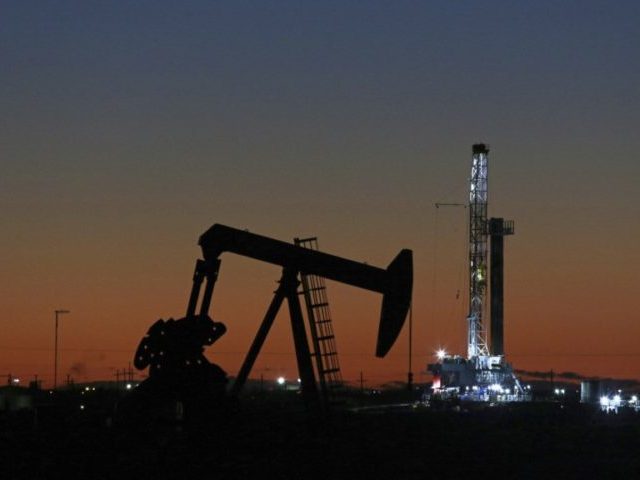Oil producers added a net 13 rigs in the U.S. this week, boosting the U.S. rig count to 576, according to oil services giant Baker Hughes.
Gasoline prices have hit new record highs for 11 days running and the price of West Texas Intermediate futures have not fallen below $100 a barrel since May 10th. The persistent high prices and forecasts for even higher prices this summer have finally stimulated action by oil drillers.
The Permian Basin, which added no new rigs for four straight weeks through May 6, added 8 this week. A total of 12 were added in Texas. Oklahoma and Louisianna added one rig each.
The Biden administration has said it wants more domestic oil production but until very recently it was refusing to auction new leases for federal land. Even as the administration announced the move, however, it made clear that it had contempt for fossil fuel companies and regarded them as dangers to the public good.
The administration also hiked tax on oil and natural gas revenues from leased lands significantly, from around 12.5 percent to 18.75 percent, an unprecedented hike. No president in 100 years has undertaken such an increase.
Even still, climate change activists howled with outrage.
A number of Biden’s nominees have expressed antagonism toward the fossil fuel industry, discouraging investment in the sector by making it clear what the Democratic Party’s view of it is. Last year, Biden nominated to the Federal Reserve’s top bank supervisory post a former Fed official, Sarah Bloom Raskin, who advocated using regulations to discourage banks from investing in fossil fuels. He also nominated leftwing radical academic Saule Omarova, who has also called for using bank regulation to stop investment in fossil fuels, to the Office of Comptroller of the Currency. Both nominations were defeated when moderate Democrats in the Senate balked.
Perhaps most importantly, large institutions have poured money into so-called sustainable funds that looked to environmental, social, and governance factors when making investment decisions. These funds shun fossil fuel investing. According to Deliote’s Center for Financial Services, professionally managed assets with ESG mandates swelled to $46 trillion globally in 2021, representing nearly 40 percent of all assets under management. The result of this is that it has become incredibly hard to raise funds for expanding fossil fuel production. So even oil prices above $100 a barrel are not attracting capital into the sector.
In a recent episode of Bloomberg’s Odd Lots Podcast, Goldman Sachs’ top commodities strategist describes ESG investing as “a blunt instrument that is reducing capital flows into a very critical sector.”

COMMENTS
Please let us know if you're having issues with commenting.